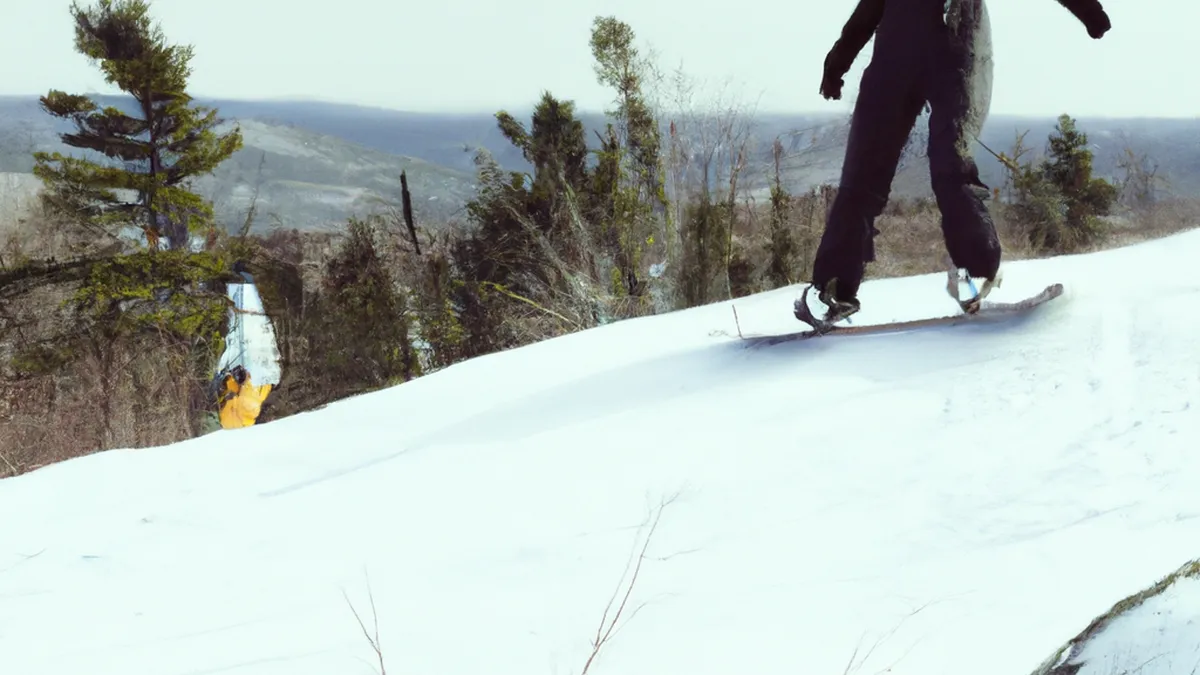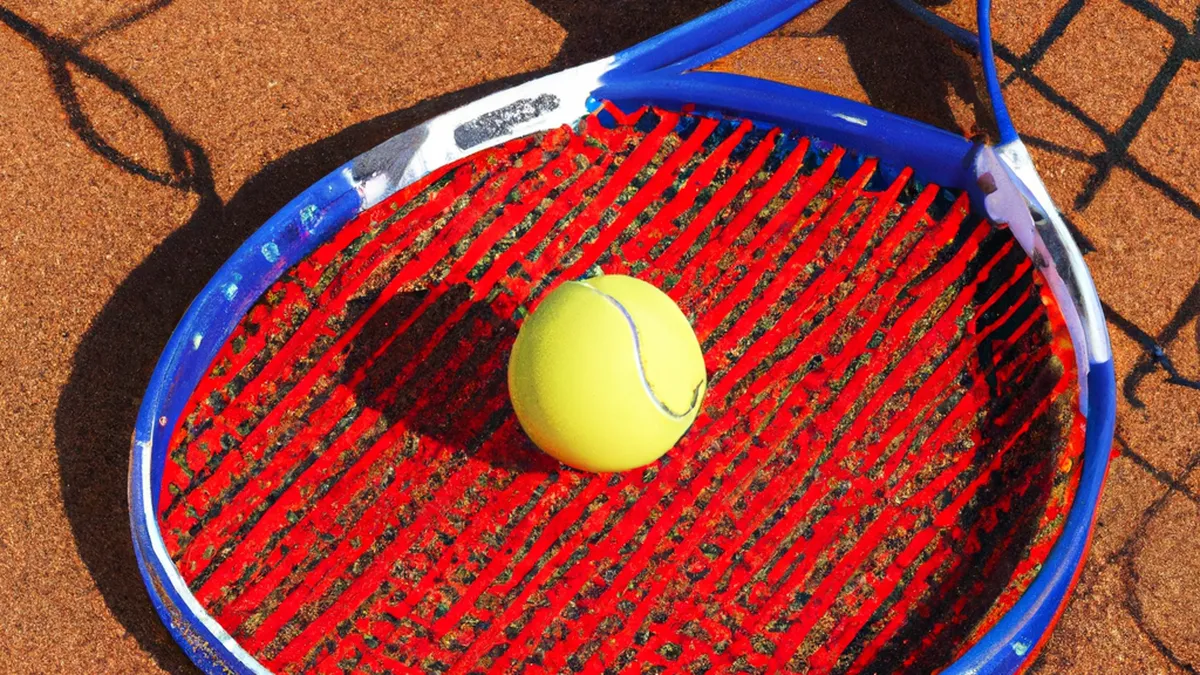Defeat Anxiety: Snowboard Like a Pro
Overcoming Fear: Mental Toughness for Snowboarding
As an Amazon Associate I earn from qualifying purchases.
Gear tip: consider agility cones, speed ladder and training hurdles to support this workout.
Snowboarding provides thrills and stunning views but can intimidate beginners or those trying new tricks. Fear often arises, causing anxiety about falling or not mastering skills. Overcoming fear is crucial for enjoying the sport. Developing mental toughness helps you conquer the slopes and enjoy every moment. Let’s explore strategies to build your mental resilience in snowboarding.
Understanding Your Fear
Fear often arises from the unknown. Strapped to a board on a snowy mountain, uncertainty can overwhelm you. You may worry about falls or not mastering skills, leading to hesitation. Recognizing these feelings helps you overcome them. Acknowledge that fear is natural; most snowboarders experience it, regardless of skill level.
Identify Specific Fears
Take time to identify what makes you anxious on the slopes. Is it falling? Not keeping up with friends? Or perhaps trying new tricks? Writing down specific fears helps confront them directly. Breaking fears into manageable pieces makes them less daunting. Understanding what scares you enables effective strategies to combat those fears.
Visualize Success
Visualization is a powerful mental tool used by top athletes. Before hitting the slopes, close your eyes and imagine snowboarding confidently. Picture details: crisp air, the sound of your board gliding, and the exhilaration of landing tricks. This mental rehearsal boosts your confidence. By visualizing success, you prepare your mind for achievement, making it easier to overcome fear.
Building Your Mental Toughness
Mental toughness is vital for snowboarding. It allows you to push through challenges. Here are tips to strengthen your mental resilience:
Set Achievable Goals
Start with small, realistic goals achievable in a short time. Focus on mastering a basic turn, perfecting your stance, or learning to stop. Celebrate each achievement, no matter how minor. These victories build confidence and create momentum. As you gain skills, your fear will diminish, allowing you to tackle more challenging aspects.
Embrace Failure
Failure is essential for learning and growth. Every snowboarder falls; it’s part of the process. Instead of viewing falls as discouraging, see them as opportunities to improve. Analyze what went wrong and adjust your approach. Embracing failure fosters resilience and teaches persistence leads to success. Every great snowboarder has faced setbacks; what sets them apart is their determination.
Conclusion
Overcoming fear and building mental toughness enhance your snowboarding experience. Identify specific fears, visualize success, set achievable goals, and embrace failure. These strategies will empower you on the slopes.
Below are related products based on this post:
FAQ
What should I do if I feel overwhelmed by fear while snowboarding?
It’s important to recognize that fear is a natural response, especially for beginners. Take time to identify your specific fears, such as falling or not keeping up with friends. Acknowledging these feelings can help you confront them directly. Remember, many snowboarders experience fear at different levels, so you’re not alone.
How can visualization help me improve my snowboarding skills?
Visualization is a powerful mental tool that can boost your confidence. Before hitting the slopes, try to close your eyes and imagine yourself snowboarding successfully. Picture the details, like the crisp air and the sound of your board gliding. This mental rehearsal prepares your mind for success, making it easier to overcome fear and perform well on the slopes.
Why is embracing failure important in snowboarding?
Embracing failure is essential for learning and growth in snowboarding. Every snowboarder falls at some point; it’s part of the learning process. Instead of seeing falls as setbacks, view them as opportunities to improve. Analyzing what went wrong can help you adjust your approach and build resilience, ultimately leading to greater success on the slopes.















Post Comment